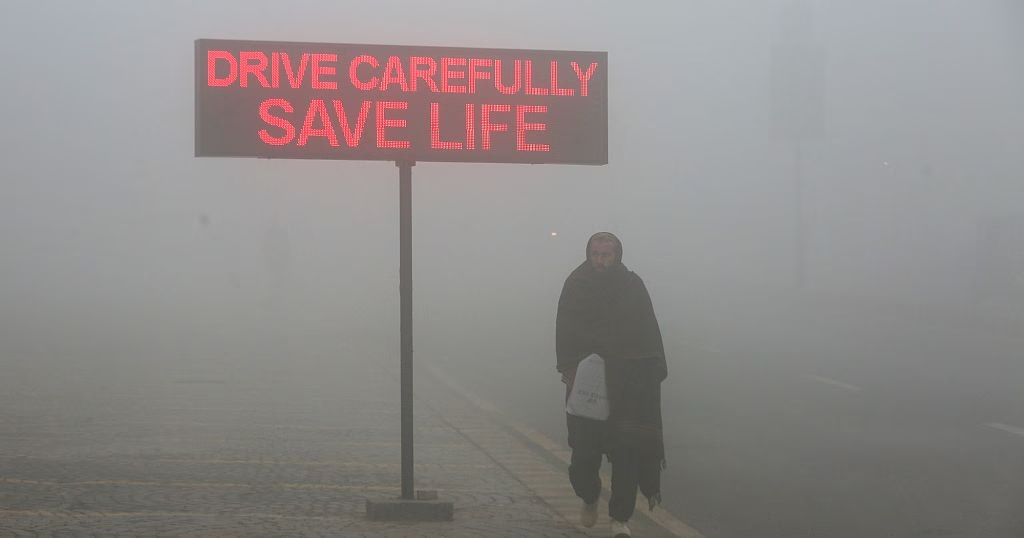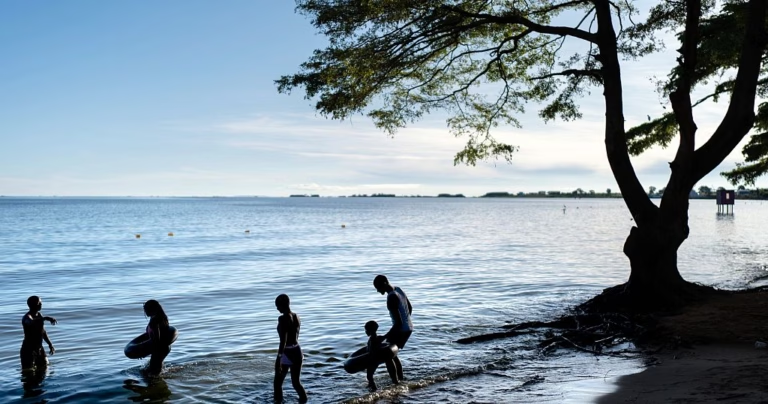
According to the IQAir World Quality Report published Tuesday, which examined data from 138 countries, this was the case.
Only Australia, New Zealand, the Bahamas, Barbados, Grenada, Estonia, and Iceland met the requirements.
The report revealed that Chad, the Congo, Bangladesh, Pakistan, and India had the most polluted air; however, IQAir Global CEO Frank Hammes believes the actual levels of pollution are probably much higher.
“Air pollution remains largely undetected worldwide, and I think monitoring will reveal more, particularly in Africa,” he stated.
IQAir found that there is only one air quality monitoring station for every 3.7 million people in Africa.
Hammes stated that air pollution on the continent is caused by a variety of factors.
“It is a combination of sand blown right through some of the region, especially sub-Saharan Africa, and a lot of dirty fuel being burned. And I think that’s shared by many countries in Asia too.”
Air pollution levels in most areas far exceed recommended limits, meaning that the majority of the world’s population breathes unsafe air.
Shweta Narayan, campaign lead at the Global Climate and Health Alliance, stated that the combustion of fossil fuels significantly contributes to air pollution and is also a major factor in the climate crisis.
“This is why we believe that addressing air pollution also addresses climate solutions and deals with the factors causing the climate crisis.”
Last week, efforts to monitor air pollution suffered a setback when the US State Department announced that it would no longer make public its data from its embassies and consulates around the world.
Prolonged exposure to polluted air can cause respiratory illnesses, Alzheimer’s disease, and cancer, according to experts.
The World Health Organization estimates that air pollution results in around seven million fatalities each year.







